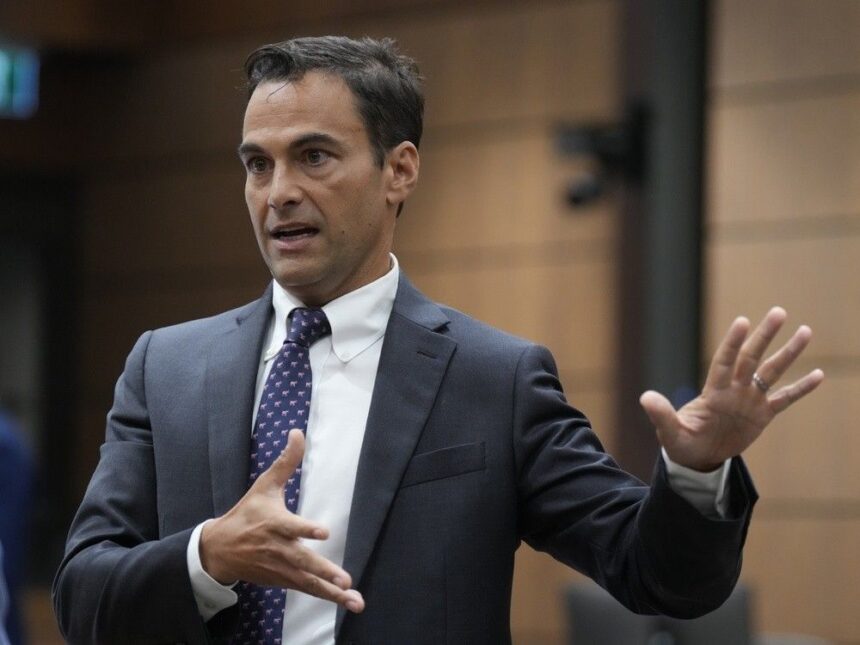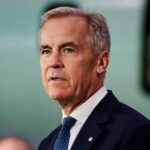In a decisive move that underscores growing concerns about fiscal transparency, Conservative Leader Pierre Poilievre has formally called for interim Parliamentary Budget Officer Ysabel Gagnon to be appointed to a full seven-year term, marking a significant development in Canada’s ongoing economic governance debate.
The recommendation comes at a critical juncture when Canadians face mounting economic pressures and questions about government spending accountability. Poilievre emphasized the importance of stable, independent financial oversight, particularly as inflation and housing costs continue to strain household budgets across the country.
“The Parliamentary Budget Officer serves as the financial truth-teller for Canadians, providing an essential check on government spending claims,” Poilievre stated during a press conference in Ottawa. “At a time when families are struggling with the cost-of-living crisis, having consistent, independent fiscal analysis is not optional—it’s necessary.”
Gagnon stepped into the role on an interim basis following the departure of former budget watchdog Yves Giroux, whose analysis frequently challenged government financial projections. The position has grown increasingly influential in Canadian politics, serving as a counterbalance to the Finance Department’s sometimes optimistic economic forecasts.
Financial experts note that the timing of this push is particularly significant. “The Parliamentary Budget Office has become a crucial institution for verifying the true cost of government initiatives,” explained Dr. Elaine Thomson, economist at the University of Toronto. “Having stability in this office ensures Canadians receive consistent, unfiltered economic analysis.”
The PBO’s recent reports have highlighted concerning trends in government spending, projecting larger-than-anticipated deficits and questioning the sustainability of several high-profile federal programs. These assessments have repeatedly placed the office at odds with governmental financial narratives, reinforcing its importance as an independent voice.
Finance Minister Chrystia Freeland has acknowledged Poilievre’s recommendation but has yet to commit to a timeline for a permanent appointment. “We value the important work of the Parliamentary Budget Officer and will ensure the office maintains its independence and analytical rigor,” Freeland noted in a written statement to the press.
The position’s influence extends beyond mere number-crunching. Under previous budget officers, the PBO has shaped public discourse around major economic issues including infrastructure spending, healthcare funding, and climate policy costs. Poilievre’s advocacy for Gagnon suggests confidence in her willingness to provide unvarnished financial analysis, regardless of political implications.
Critics of the government point to the delayed permanent appointment as potentially undermining the office’s authority during a period of economic volatility. “The interim status creates unnecessary uncertainty,” noted former Finance Department analyst Martin Leclair. “Budget oversight requires confidence that leadership won’t change based on political convenience.”
As Canada navigates post-pandemic economic challenges, the question remains: will strengthening independent financial oversight become a priority across party lines, or will fiscal transparency continue to be a political battleground as the country faces unprecedented economic pressures?










